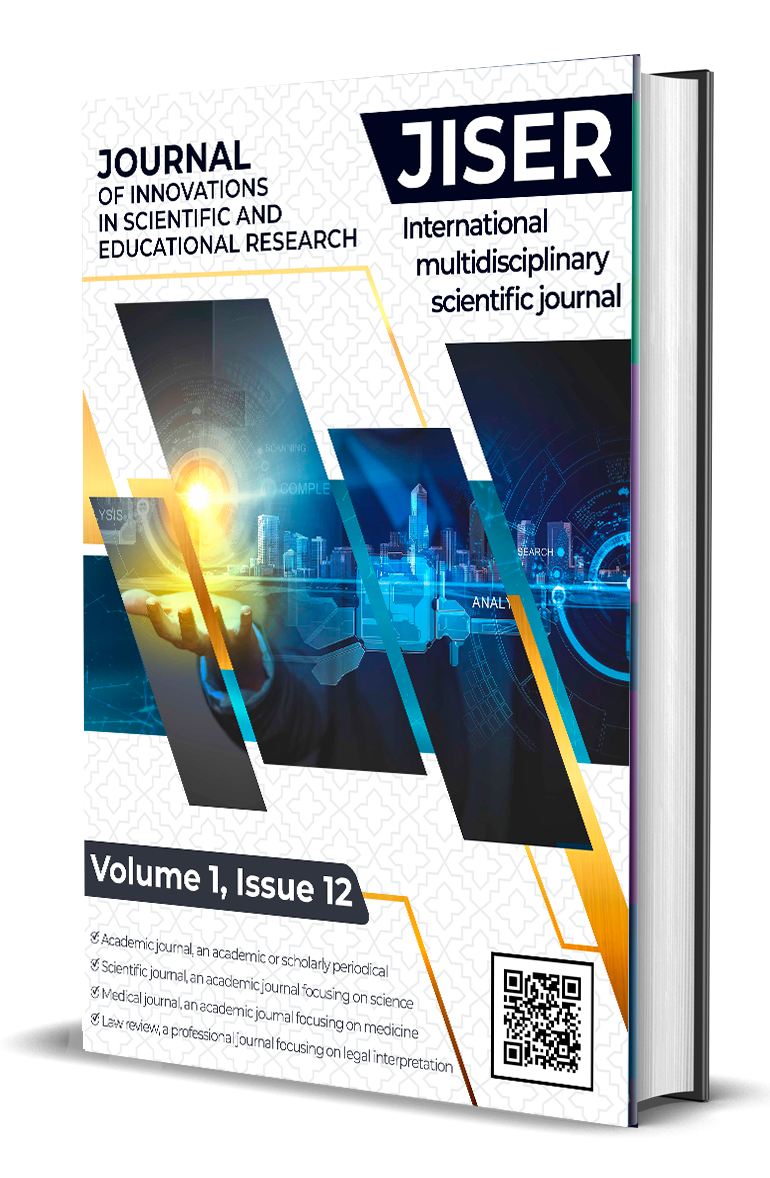MULTIVECTORAL? REALISTIC APPROACH TO UZBEKISTAN’S RELATIONS WITH CENTRAL ASIAN STATES
Keywords:
Multivectoral foreign policy; Realism; Water diplomacy; Upstream–downstream resource dependency; State survival; Power asymmetryAbstract
This analytical article examines Uzbekistan’s multivector foreign policy towards the Central Asian neighborhood from a realist point of view, placing at the forefront the pivotal role of water diplomacy in ensuring the survival of the state. The article contrasts the inward-oriented, security-oriented strategy of Islam Karimov with Shavkat Mirziyoyev’s outward-oriented, cooperative strategy and illustrates continuity in giving precedence to national interests. The article identifies Uzbekistan’s structural water dependence on upstream Kyrgyzstan and Tajikistan—“energy-poor but water-rich” and “energy-rich but water-poor” respectively—and addresses major regional agreements, including the 1992 Almaty accord, the 1998 Bishkek framework, and recent bilateral agreements over the Kempirabad reservoir and Rogun Dam projects. While such multilateral relations exhibit liberalist traits of cooperation and integration, they are fundamentally based on realist purposes: securing water resources, balancing power imbalances, and providing agricultural and industrial stability. With empirical examples of infrastructure deals and energy-water trade-offs, the article argues that Uzbekistan’s foreign policy remains based on self-interest and survival needs in an anarchic, resource-scarce Central Asian world.
References
1. Bishkek Agreement. (1998). Agreement on the management of Syr Darya Basin water and energy resources. Bishkek, Kyrgyzstan.
2. Devetak, R., & True, J. (Eds.). (2023). Theories of international relations (6th ed.). Bloomsbury Academic.
3. Hobbes, T. (1994). Leviathan (R. Tuck, Ed.). Cambridge University Press. (Original work published 1651)
4. Interstate Commission for Water Coordination (ICWC). (1992). Agreement on water allocation and use in Central Asia. ICWC.
5. Machiavelli, N. (1995). The Prince (W. K. Marriott, Trans.). Dover Publications. (Original work published 1532)
6. Morgenthau, H. J. (2005). Politics among nations: The struggle for power and peace (7th ed., revised by K. W. Thompson & W. D. Clinton). McGraw-Hill Education.
7. Morgenthau, H. J. (2005). Politics among nations: The struggle for power and peace (7th ed., revised by K. W. Thompson & W. D. Clinton). McGraw-Hill Education.
8. Thucydides. (2009). History of the Peloponnesian War (M. I. Finley, Trans.). Penguin Classics. (Original work published ca. 400 BCE)
9. Toktogulov, B. (2022). Uzbekistan’s foreign policy under Mirziyoyev: Change or continuity? Uzbekistan Journal of International Relations, 4(1), 49–67. https://doi.org/10.1234/UzbekJournal.2022.0041
10. United Nations Economic Commission for Europe (UNECE). (2015). The Water Convention and Transboundary Water Resources Management. UNECE.
11. Walt, S. M. (1998). International Relations: One World, Many Theories. Foreign Policy, (110), 29–32, 34–46. Washingtonpost.Newsweek Interactive, LLC. Http://www.jstor.org/stable/1149275
12. Yılmaz, K. K., & Duran, H. (2024). The effect of domestic factors on the foreign policy of Uzbekistan in the Kerimov era. Turkish Studies - Economics, Finance, Politics, 19(1), 157. https://doi.org/10.7827/TurkishStudies.74081




